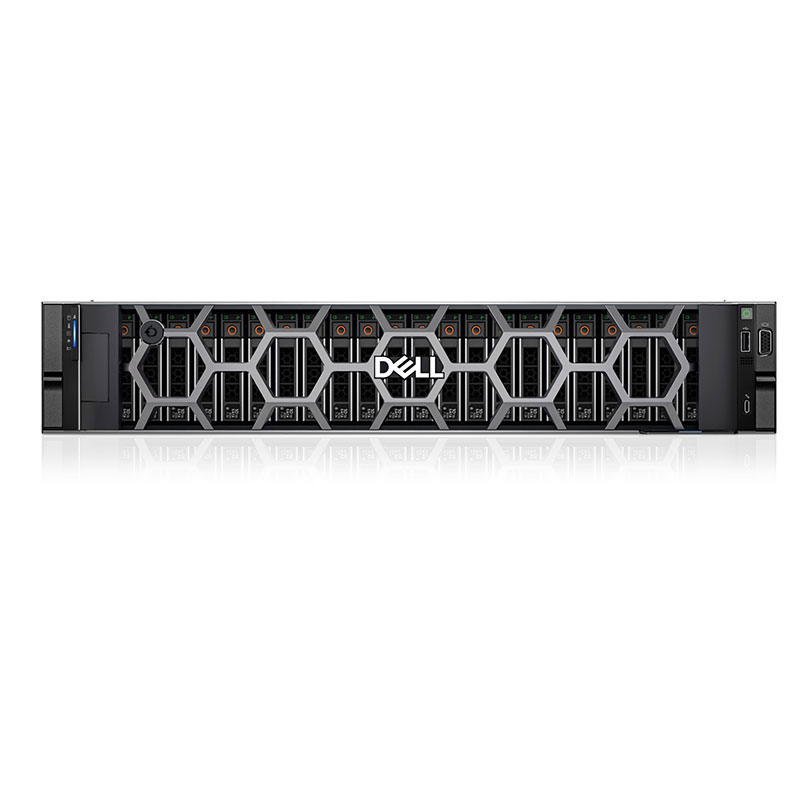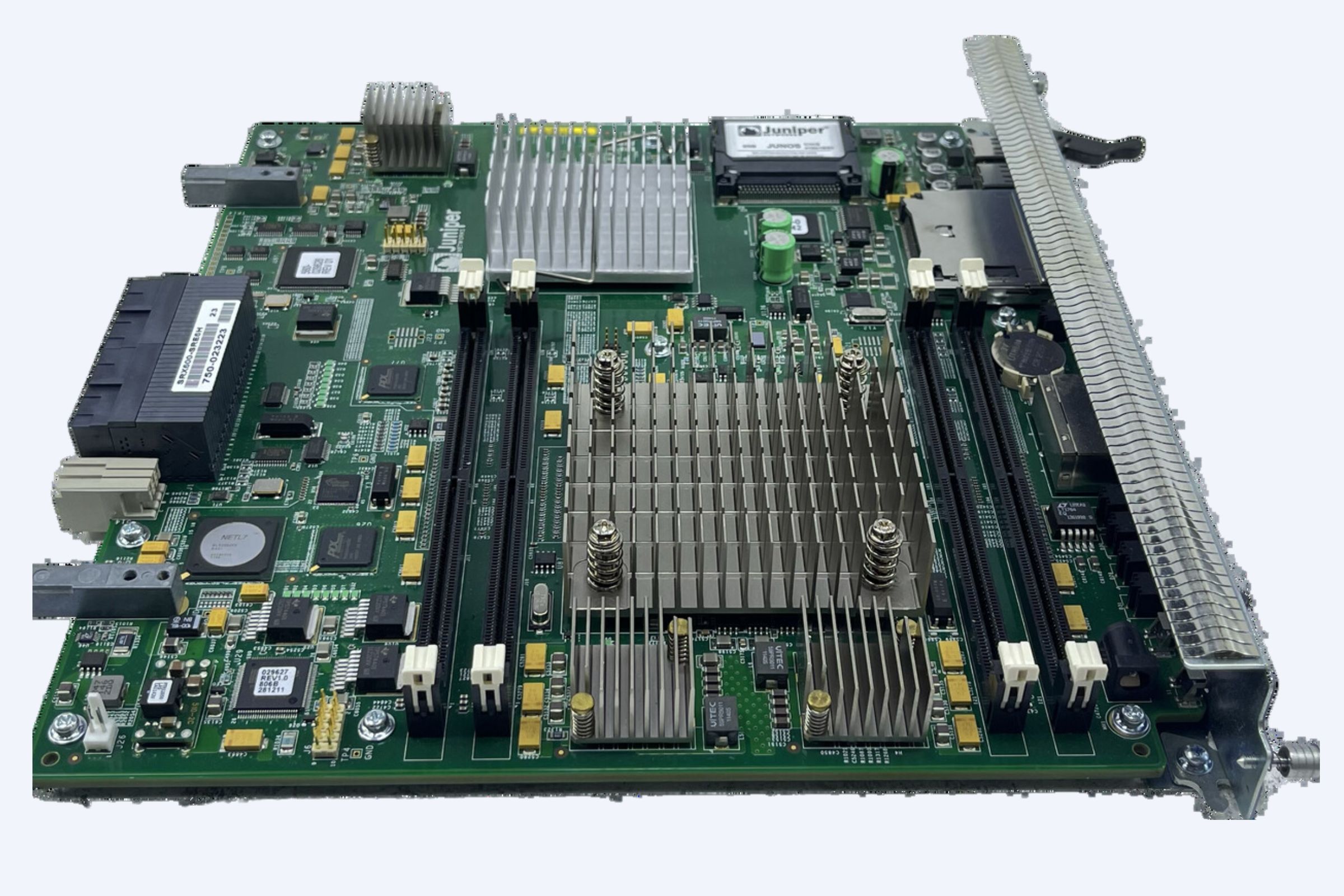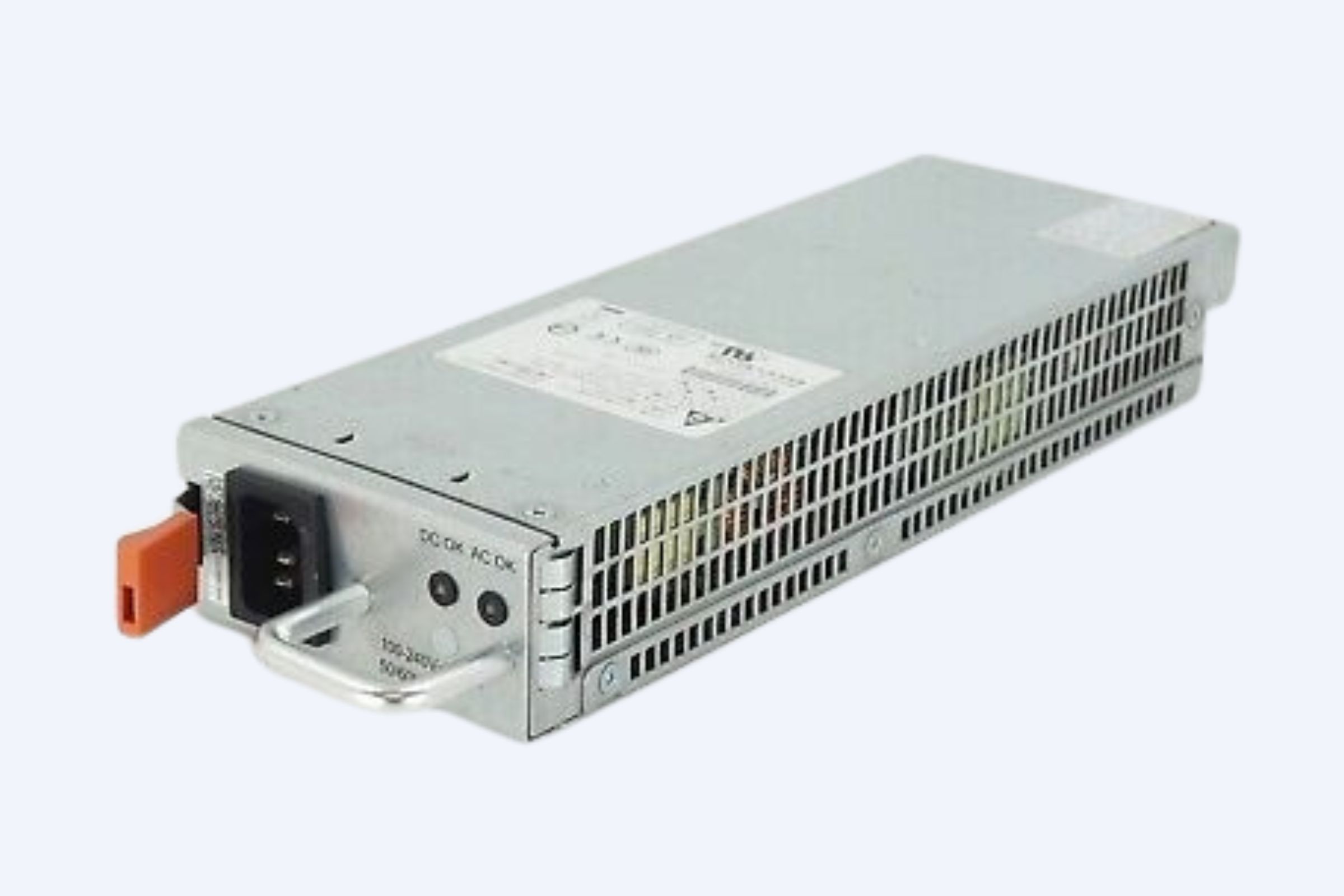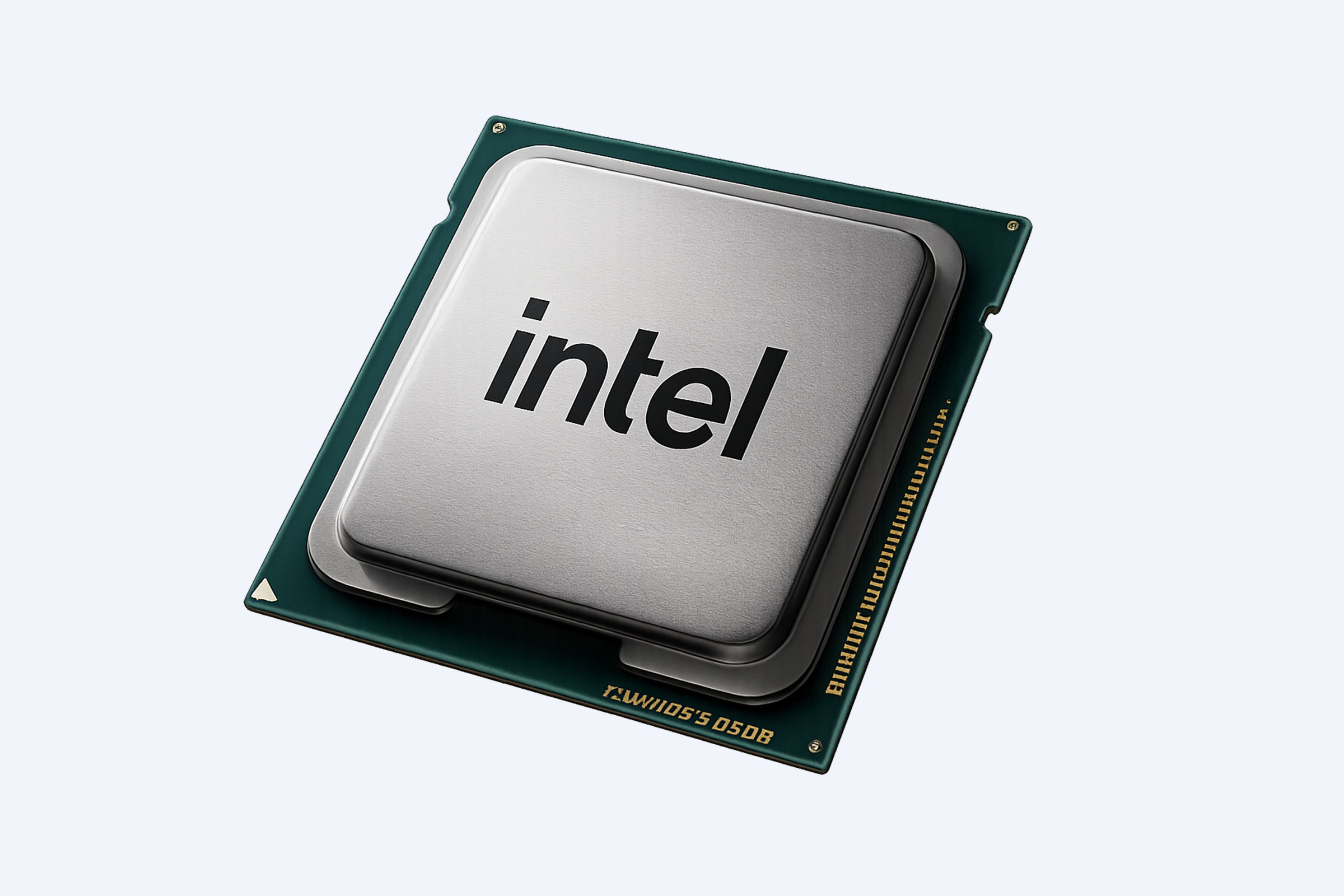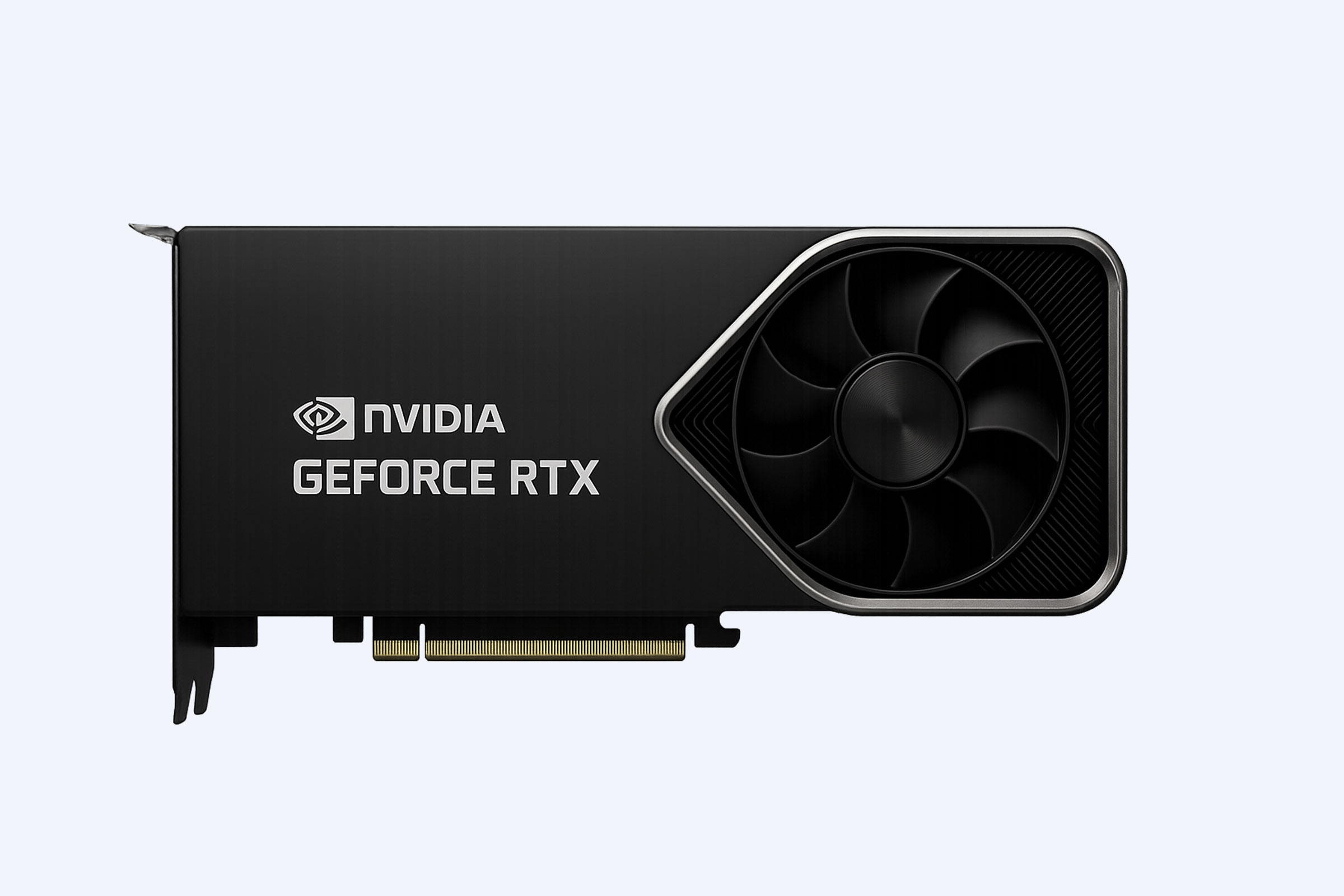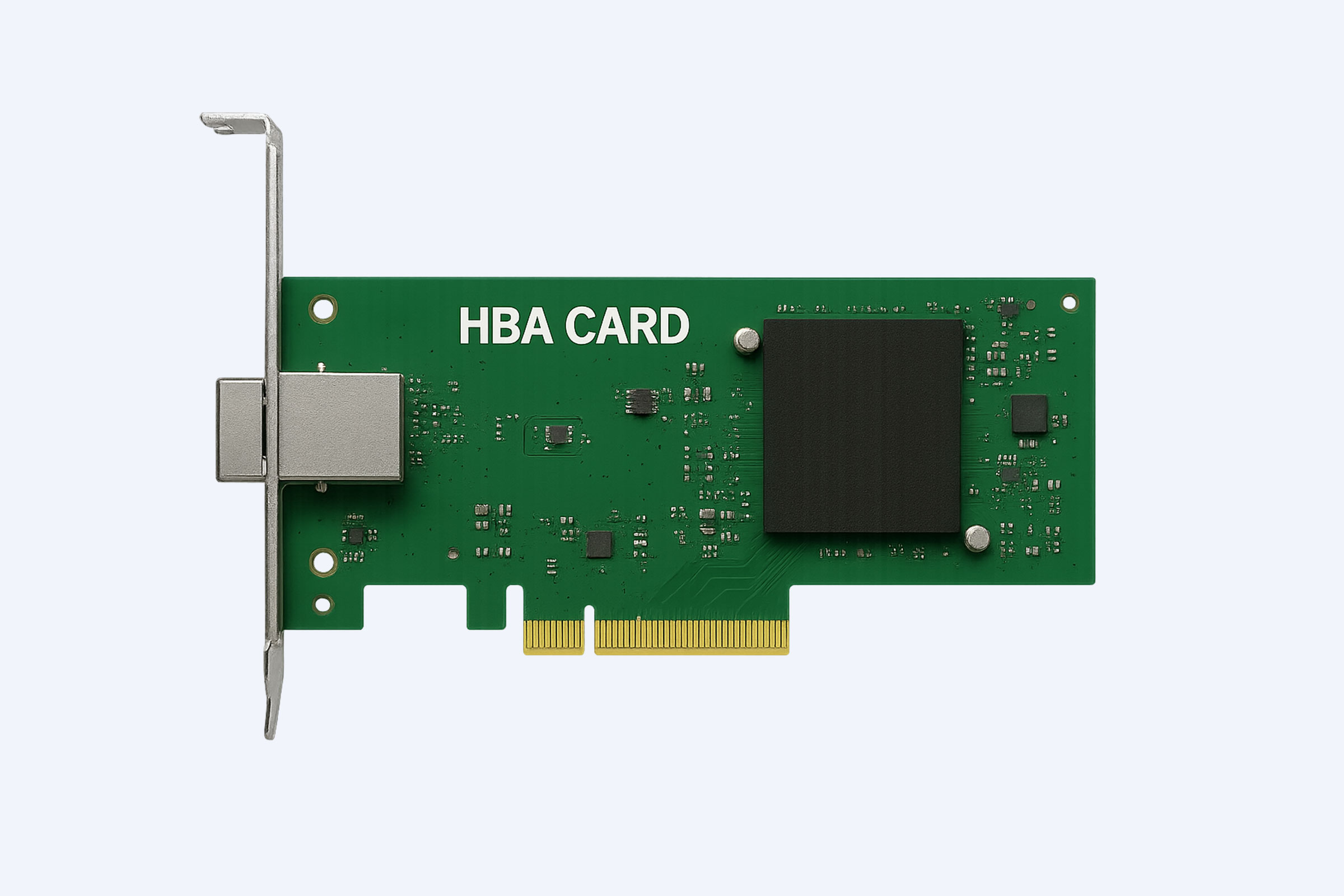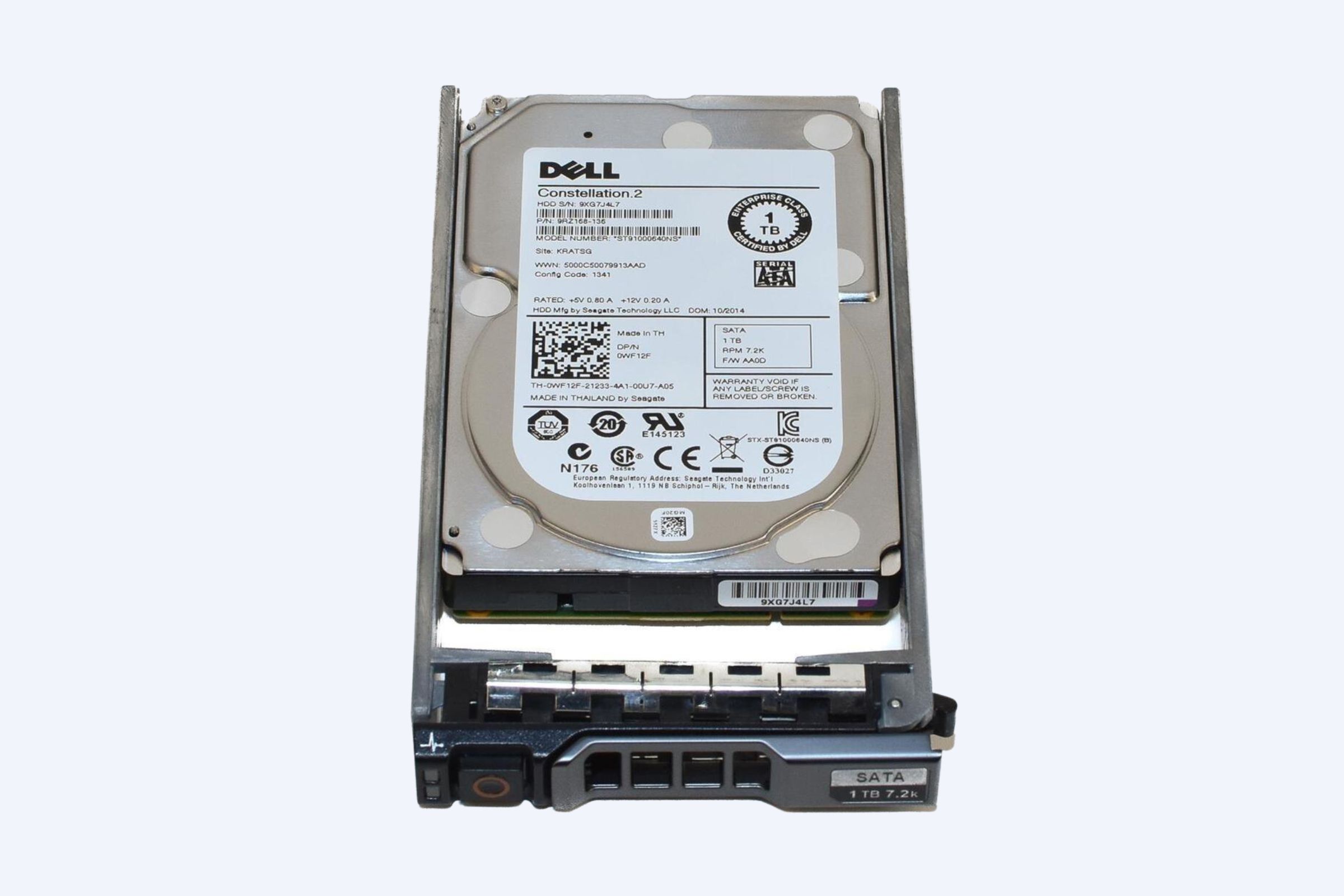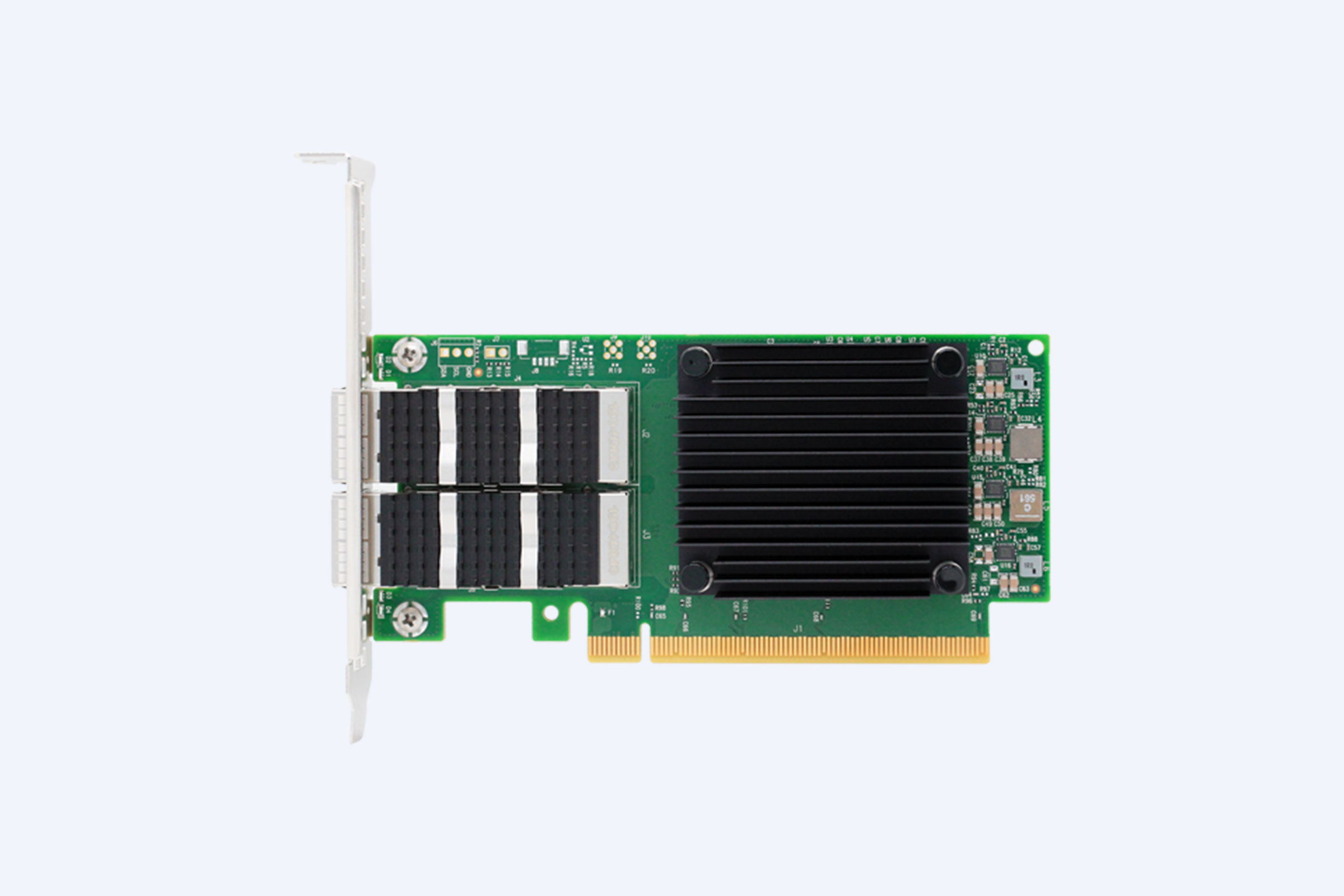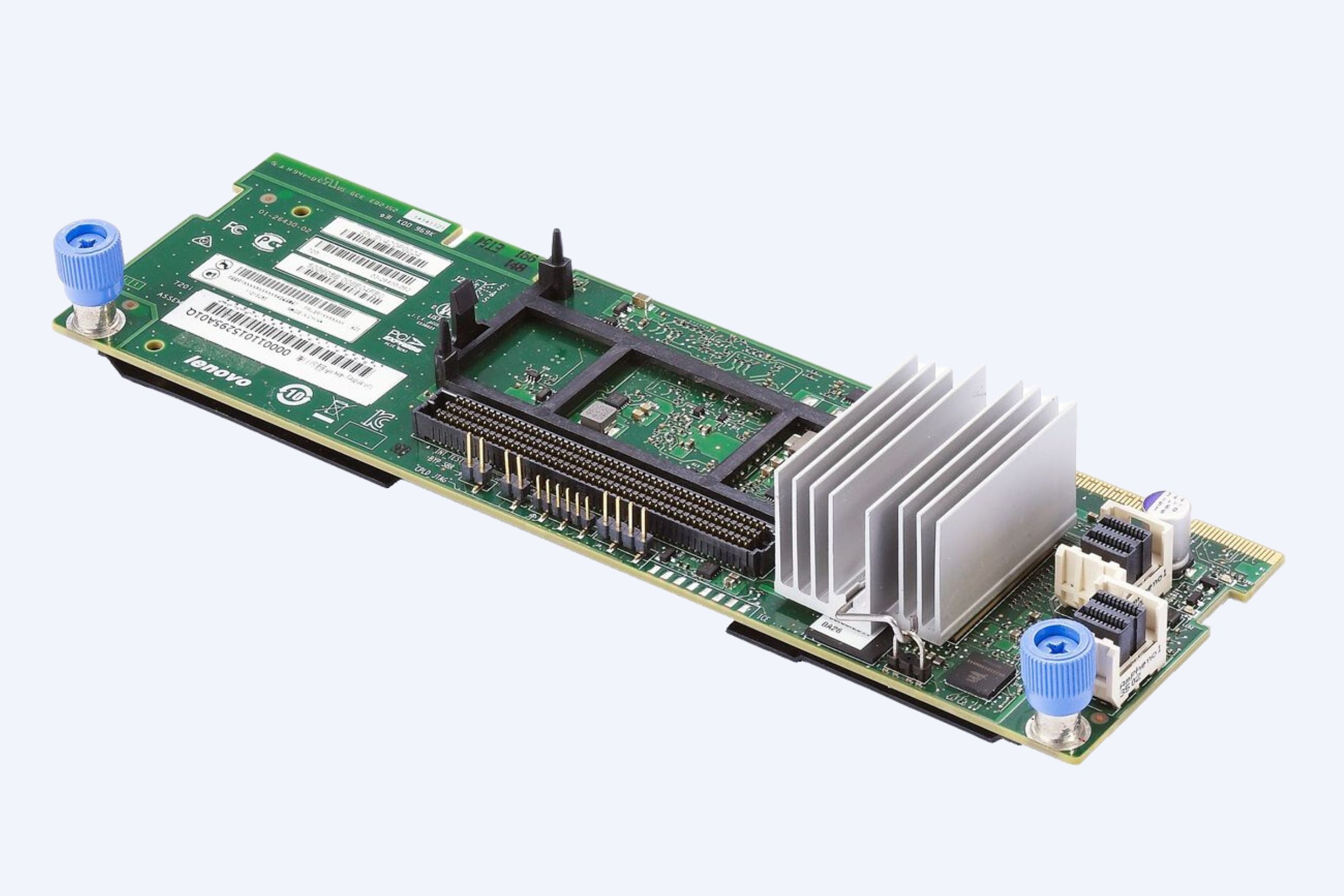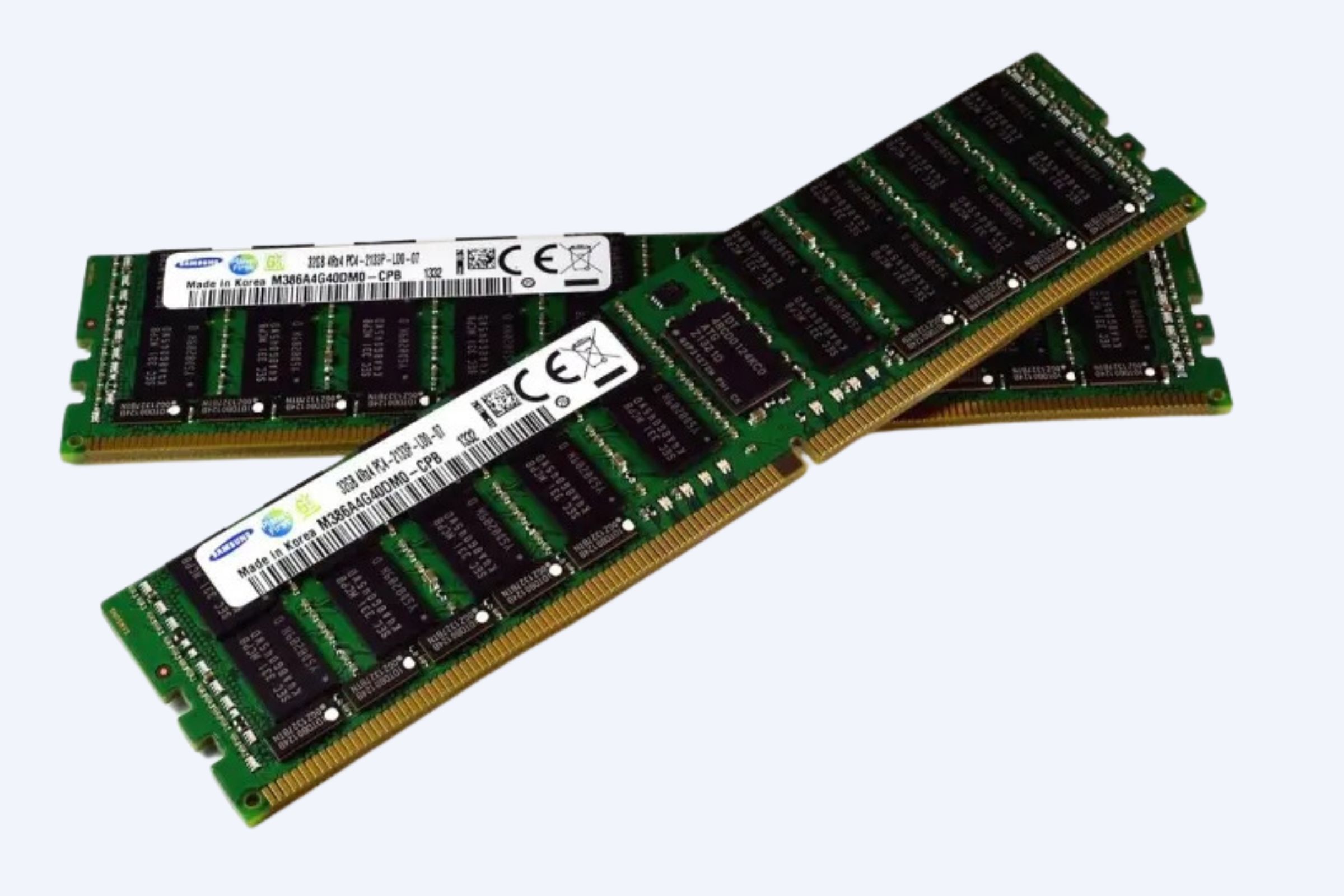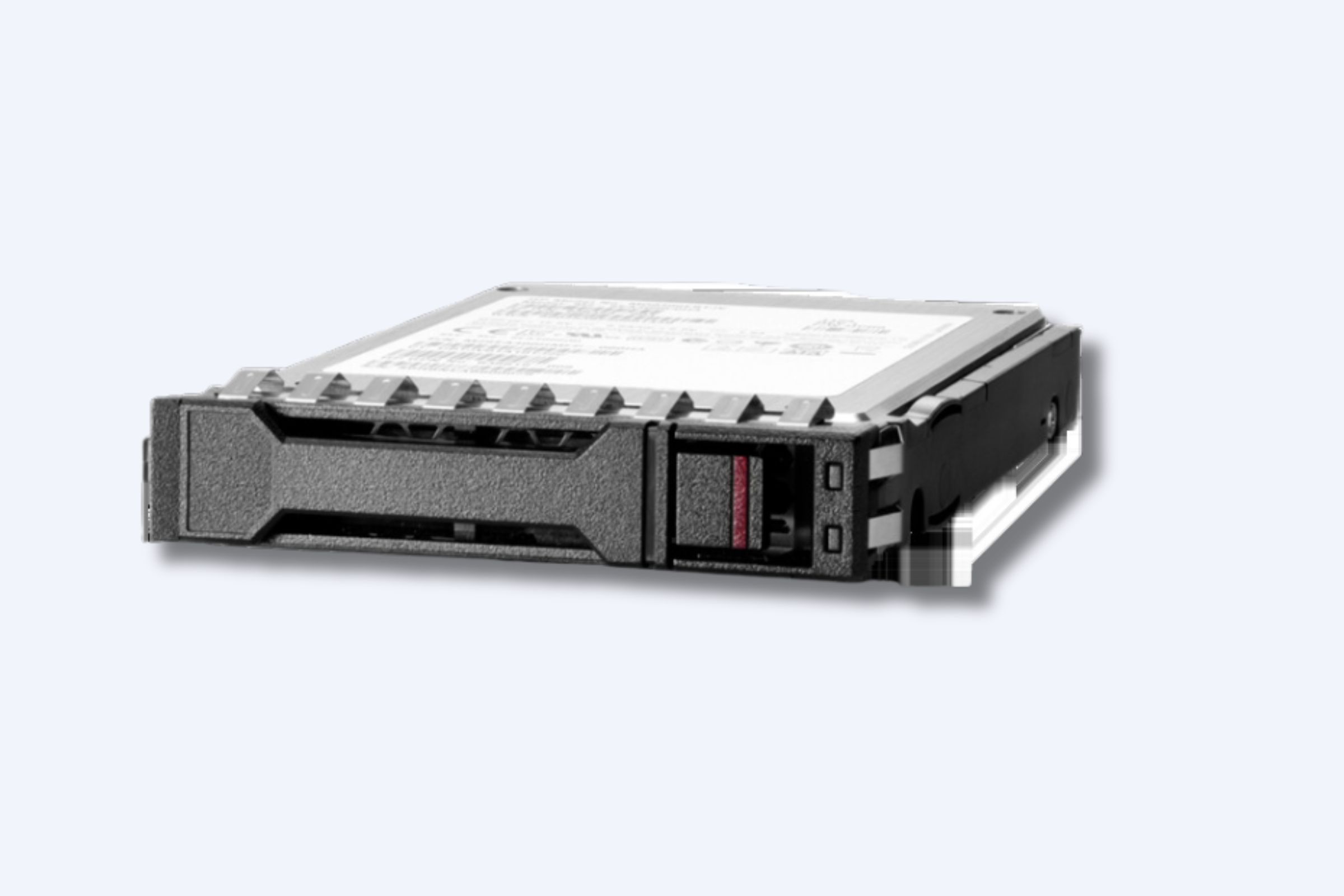The best server CPU delivers high performance, reliability, and scalability needed for enterprise environments. It balances core count, clock speed, power efficiency, and advanced features like ECC memory support and security capabilities to meet demanding workloads efficiently.
What Is a Server CPU and Why Is It Different?
A server CPU is the central processing unit specially designed to handle intensive multitasking and large workloads typical in servers. Unlike desktop CPUs, server CPUs offer more cores, threads, higher cache, and support for ECC memory to ensure greater reliability, stability, and uptime crucial for enterprise operations.
How Do Core Count and Threads Affect Server CPU Performance?
More cores and threads mean a server CPU can process more simultaneous tasks, boosting multitasking and throughput. Cores are physical processors on the chip, and threads are virtual paths guiding instruction execution. CPUs with many cores and threads excel in handling complex enterprise workloads efficiently.
Which Server CPUs Are Leading in the Market?
Currently, Intel Xeon and AMD EPYC processors dominate server CPU markets. Intel Xeon CPUs provide robust performance with higher clock speeds and strong ECC memory support. AMD EPYC CPUs excel in offering higher core and thread counts with energy-efficient designs, making both optimal for various enterprise needs.
Why Is ECC Memory Important in Server CPUs?
ECC (Error-Correcting Code) memory support enables servers to detect and fix data corruption automatically, crucial for preventing errors, maintaining data integrity, and enhancing system reliability, especially in mission-critical enterprise environments.
How Does Clock Speed Influence Server CPU Efficiency?
Clock speed, measured in GHz, indicates how many cycles a processor completes per second. Higher clock speeds lead to faster instruction execution, enhancing responsiveness and performance in compute-intensive tasks typical in enterprise applications.
When Should Enterprises Choose Multi-Processor Server Setups?
Enterprises should consider multi-processor servers when workloads demand extreme compute power and scalability, such as in big data processing, virtualization, or AI workloads. Multi-processor configurations distribute tasks across several CPUs, enhancing parallel processing and fault tolerance.
Where Do Power Efficiency and Thermal Design Matter in Servers?
Efficient power usage and thermal design power (TDP) impact operational costs and hardware longevity. Data centers prioritize CPUs with low TDP to reduce cooling requirements and energy consumption, ensuring sustainable and cost-effective server performance.
Does the Server Workload Type Determine CPU Choice?
Yes, workload characteristics strongly influence CPU selection. Compute-heavy tasks like video editing and AI benefit from CPUs with high core counts and clock speeds, while lighter or general-purpose workloads can perform well with fewer cores and budget-friendly CPUs.
Can Wecent Provide Customized Server CPU Solutions?
Wecent offers tailored enterprise-class server solutions integrating top-tier CPUs like Intel Xeon and AMD EPYC. Their expert consultation ensures clients receive optimized server configurations matching workload demands, budget constraints, and scalability needs for long-term business growth.
What Features Should Enterprises Look for Beyond CPU Specs?
Beyond core specs, enterprises should consider features such as hardware-enabled security, virtualization support, chipset compatibility, and vendor certifications. These ensure servers meet performance, security, and compliance requirements in complex IT ecosystems.
Wecent Expert Views
“Wecent emphasizes not just the raw core and thread count but holistic server CPU capabilities that align with business needs. We advise enterprises to balance performance, reliability, and power efficiency while leveraging certified hardware from leading brands. Our goal is enabling clients to optimize their IT infrastructure with trusted components, fostering growth and operational excellence,” says a Wecent senior solutions architect.
Summary and Actionable Advice
Choosing the best server CPU hinges on understanding workload demands, performance requirements, and budget. Prioritize CPUs with sufficient cores, threads, ECC memory support, and strong vendor certification for enterprise reliability. Consider power efficiency to reduce operating costs. Partnering with trusted providers like Wecent ensures expert guidance and access to high-quality, scalable server solutions.
Frequently Asked Questions
What is the difference between server and desktop CPUs?
Server CPUs have more cores, threads, cache, and support for ECC memory, offering higher reliability and multitasking capability than desktop CPUs.
Why is ECC memory critical for servers?
ECC memory detects and corrects data errors, preventing crashes and data corruption critical for enterprise server stability.
Can AMD EPYC outperform Intel Xeon?
AMD EPYC offers higher core counts and energy efficiency, making it ideal for parallel workloads, while Intel Xeon excels in clock speed and specialized enterprise features.
How many cores does a typical server CPU have?
Server CPUs range from 8 to over 64 cores, depending on the model and workload requirements.
Does Wecent provide global server solutions?
Yes, Wecent supplies enterprise-class servers and IT solutions worldwide, with custom configurations and expert support.



